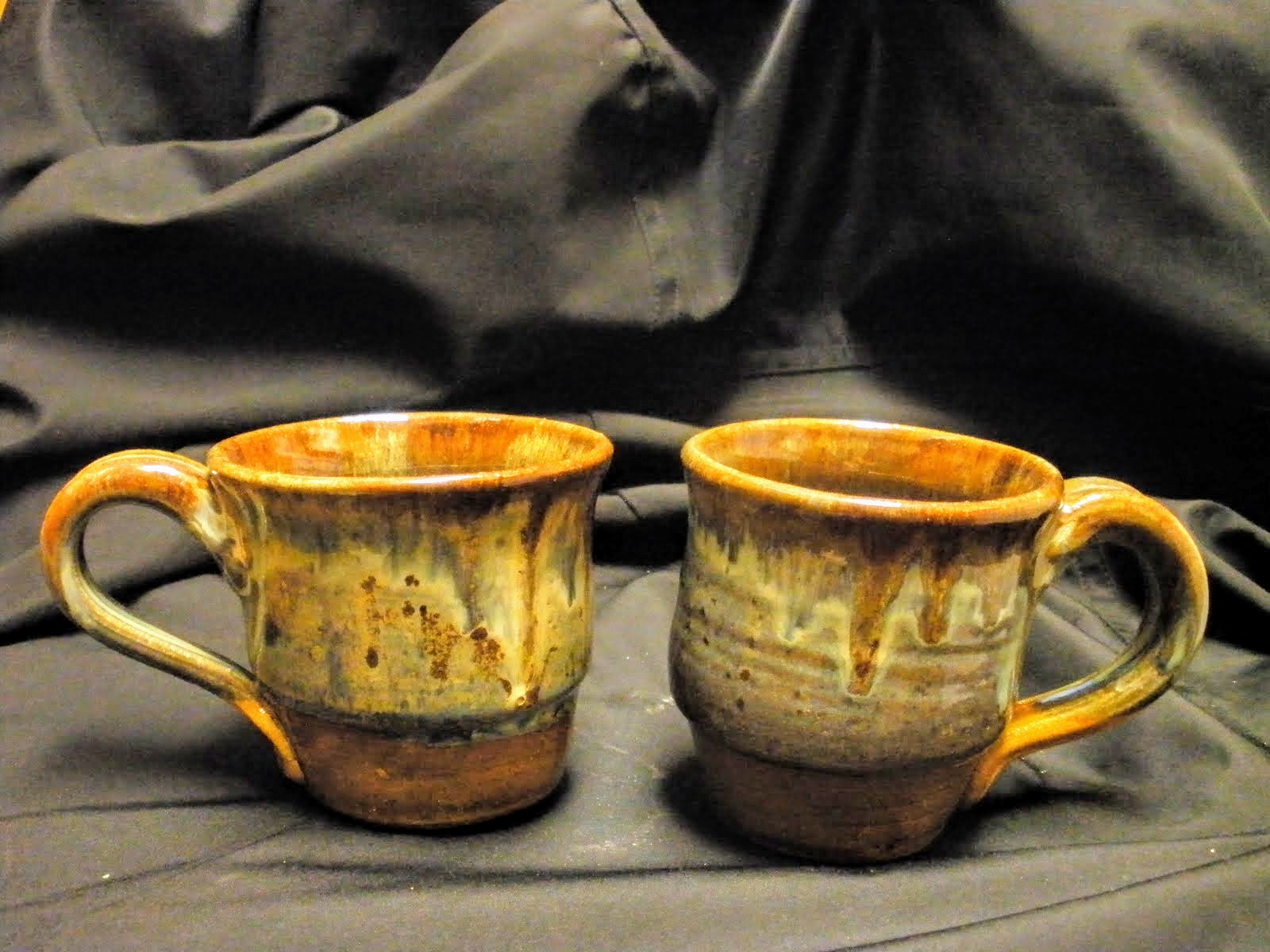Reading the title, you might think that the author has completely lost the rest of his mind. However, that’s not an error in word choice. Interestingly enough, in the Russian language one “writes” when using oil paints to express their vision of the world, feelings, thoughts.
Art has been part of me since childhood. My father Farid, also an academic, gave me first lessons, explaining the logic in the use of light and shadow, horizon line and perspective. I was fascinated. As a teenager, I painted every day. I even made my own canvases and stretched them on wooden frames. Thanks to my father, at home we had catalogues with reproductions of world-renowned painters, so I tried to replicate their works. Starting with still lifes, eventually, I started painting cityscapes, which I still enjoy doing to this day. I would show my works to the neighbours and receive feedback. I even had a couple of small exhibitions in my birth city of Namangan.

In school I was known as a “good artist”, but paradoxically would sometimes receive mediocre grades on my paintings with the comments from teachers such as “you can do better”. I have lots of questions about the pedagogical vision and didactic approaches of these educators. Nevertheless, even these methods did not kill the joy of art in me, so I guess this is true love.
I majored in Political Science during my bachelor studies in the US, but one could often spot me in the art building. I was what some people like to call a “young maximalist” (whatever that means), with strong anti-war sentiments (amid the US invasion of Iraq) and leftist political views that often led to heated discussions with my classmates from conservative rural areas of North-Western states. Sometimes I felt quite lonely in this pursuit. Art was my refuge and therapy.

It was there in the US that I discovered clay as a medium. As my favourite pottery teacher, Jeff Harris, likes to say: “with clay, it is love at first touch”. There is a certain magic to pottery. I would take a lump of clay and engage in the activity that was done for thousands of years before me. With the help of water, I would manipulate the earth (clay) and shape it into mugs, jars, bowls, and plates. I would then air dry these items and fire them in the kiln, turning clay back into stoneware. With glazes you can give a unique character to every piece you make. As a coffee maniac, I especially enjoyed making mugs. I gifted hundreds of them to friends, sold quite a few and donated some to the on-campus coffee shop as part of the campaign to discourage the use of paper cups. People opting for a clay mug would get discounted coffee.
Nowadays, busy with research, teaching and fathering, there is little time for art. Pottery especially loves commitment, as clay simply dries out if you don’t work with it on time. Painting is a bit more forgiving in this regard. Now and then I paint the cities that I visit and places dear to my heart. I sometimes gift my paintings to friends who express interest in them.

In my view, there are some similarities between painting and academic writing in the sense of researching the subject, making an outline/sketch, filling it with substance, describing it for others after having processed the matter through the self. Just like in writing, it is challenging to decide when the painting is complete and to put that signature on it. Akin to stumbling upon old written works, I often look at my paintings and get the urge to fix things here and there or cover everything with a new coat of paint and start all over. It is important to learn to drift away from these perfectionist anxieties, as we get better at everything only with practice.
I would like to encourage IBCoMagazine readers to create art. Buy a cheap canvas at Action, pick up some paint and just start putting colour on that surface. Play with different styles. Pretend you are Jackson Pollock to express yourself on a gloomy day, or Kazimir Malevich if you need some structure, or explore the magnetic gentleness of shapes and colour manifestation varieties à la Georgia O’Keeffe. Don’t look for perfect results, enjoy the process. Magical things will happen, I promise.
And for some more inspiration, don’t forget to check out some of the lovely masterpieces created by our talented lecturer: https://www.plovism.com/blank-page-3
Author: Dr. Rashid Gabdulhakov
Editor: Gwendolyne Cheung
Painter: Rashid Gabdulhakov – ‘Amsterdam – my love’ (Cover)


